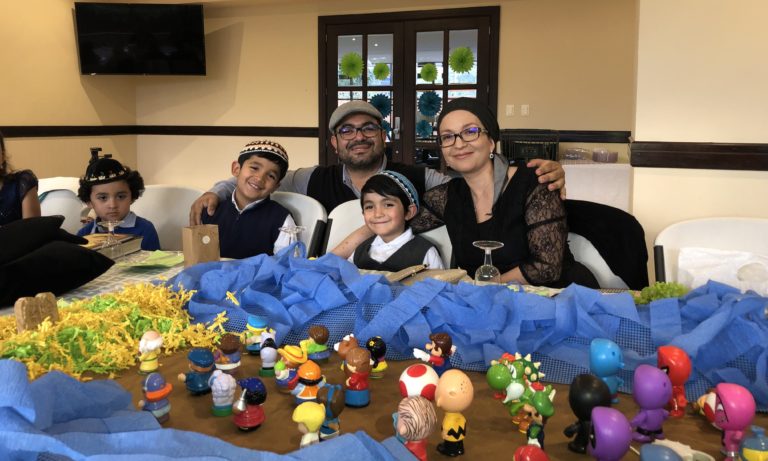Jews are one of the people with the longest history in the world. With the tradition of at least 4000 years long, there is much to say about them. Their first country was formed in country Izrael where they had lived for a thousand years. The religion of Jews is called Judaism. Judaism is the religion that was founded by Moses, according to one part of historians, while others believe that Abraham started it. The religious book is called Torah and the laws described are known as Halakhah.
Jews throughout history
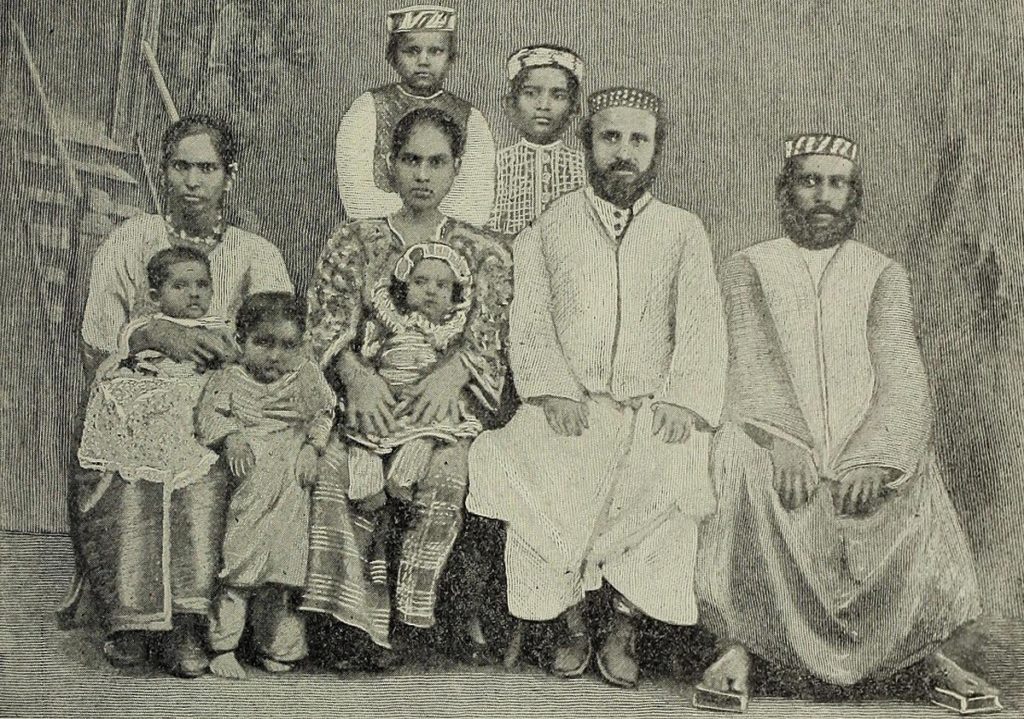
They had periodically gained and lost their independence depending on the political conditions of that time. In the 1st century BC, the Jewish State was conquered by the Romans who later destroyed Herod’s temple which represented the center of connection with God and the religion. After the destruction of the second temple, the mass emigration of Jews started and it is known by the term Aliyah.
Some information about Jews coming to Serbia dates up to 2,000 years ago with one pause with no data until the 15th century. The Jewish people were evading Portuguese and Spanish and settled in the areas ruled by the Ottomans which included Serbian territory. Up to 90% of people were located in Belgrade and Vojvodina.
Jews were mainly trading salt in Serbia, as well as textiles with Ancona, Venice, Hungary, Dubrovnik, and Bosnia. Jews also worked as mine contractors and they collected tax. There is also some information about them being contractors in vineyards. No known information is found about the relations of the local Serbian population and the Jews at that time. They were mostly settled in separate areas, districts called mahalas. Even though they were contacting daily, their family lives were distinctly separated.
Jews in Serbia Today
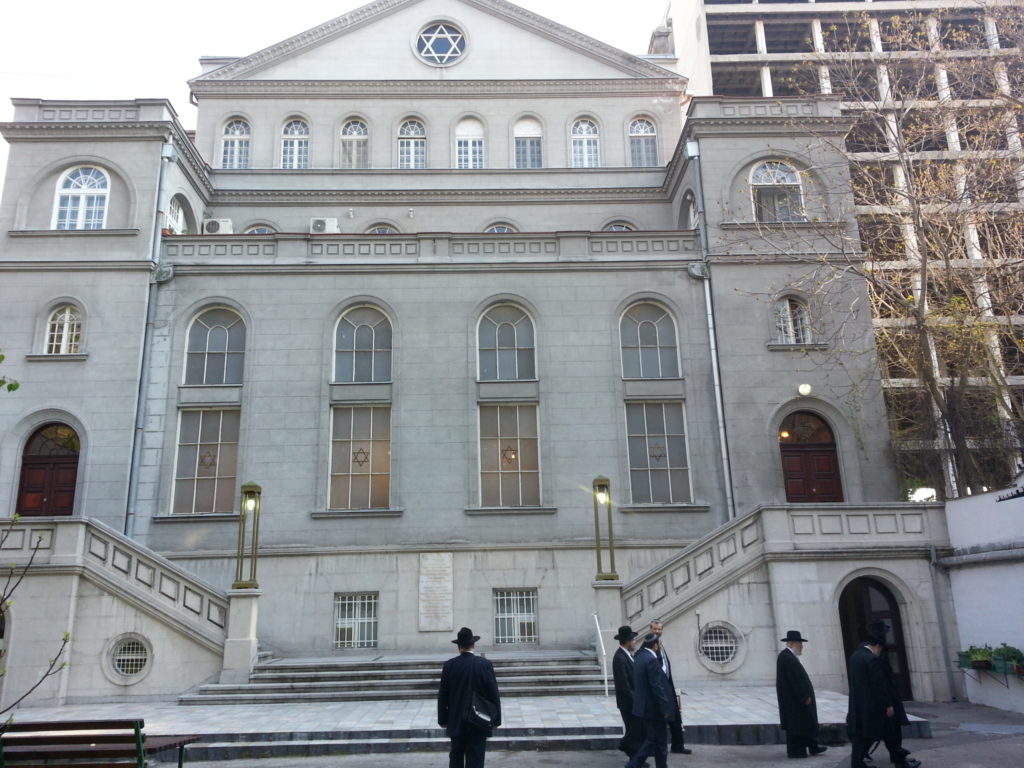
Before WWII there were 33,000 Jews in Serbia, while today that number is quite different. There is one data saying that there are now between 1,400 and 2,800 Jewish individuals, while some records show that there are about 700 people who declare themselves as Jews. No one knows the exact number, but the good news is that there are still places for community members to come, socialize and participate in the activities.
There are 2 synagogues in Serbia:
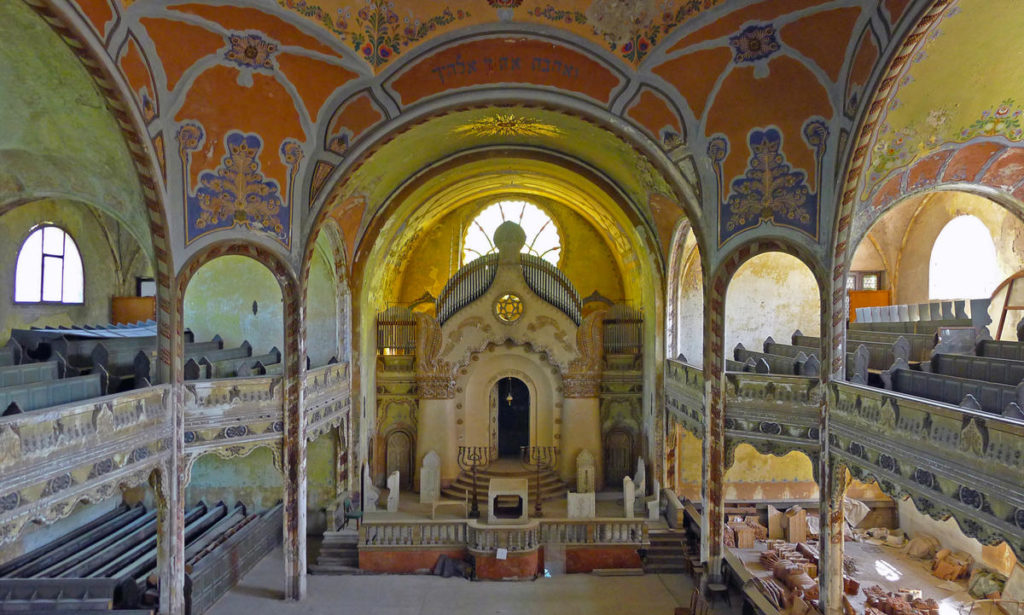
- Belgrade Synagogue – located near Obilićev Venac, in central Belgrade, it is the only fully active synagogue. It is also called Sukat Šalom, meaning the hut of peace.
- Subotica Synagogue – besides the main use, this Synagogue is also used for concerts since it can welcome up to 800 visitors. It is located in Jevrejska Street (Jewish Street).
People can come and familiarize with the activities available and learn a little bit about history.
After the mass destruction in WWII, the Jews in Belgrade immediately resumed their activities by opening the kitchen where people could get something to eat and also receive medical services. Many returned to Israel, while only a part remained in Serbia. There was a very well made structure for support of Jews in that time with a kindergarten, a youth club and a choir where they could participate in the well-organized activities. Celebrating Jewish holidays was never questioned.
For people who wish to stay connected to the Jewish community, there is a TV program called “Pravac” (Direction) where the Rabbi, grand mufti of Serbia and an Orthodox priest discuss various topics about social life. The Rabbi Yitzhak Asiel enjoys respect since he is very much involved in helping the Jewish community. The other Rabbi Yehoshua Kaminetzky is mostly in charge of welcoming visitors from Izrael.
Keeping the string with the community strong
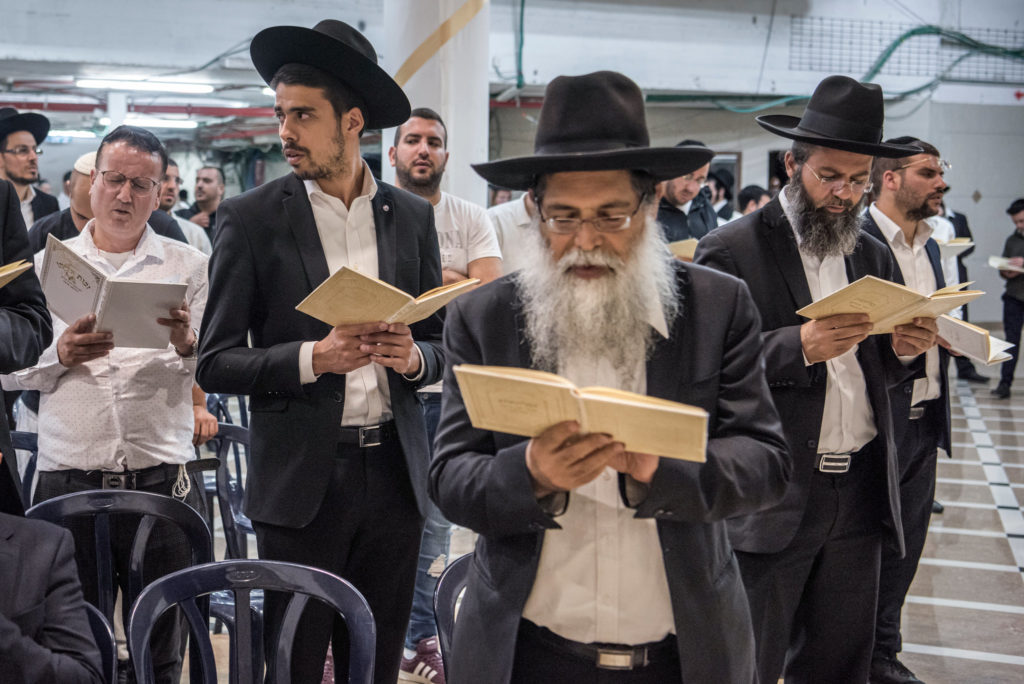
The youth today wants to be a part of the community, but sadly the number of people is decreasing slowly but steadily. Maintaining contact with the community, the way of dressing and practicing religion is one way of protecting the heritage and continuing the tradition. If you wish to complete your looks and find something interesting such as jewelry, you might find something here that you’ll like jewish.shop.
Just how the Jewish community is strong in Serbia shows also the Federation of Jewish Communities in Serbia that is working hard to make sure that the Jewish youth is supported and that they have a saying in the national and political affairs which is truly commendable.
There are numerous educational programs offered to the youth in this organization, so people who wish to learn Hebrew and to expand the practical knowledge about the community and religion, can join a program called Talmud Torah. There are programs available for adults and children. The organization also works on promoting the values of Jewish people and bring attention to the history of the people.
Find out more about the history
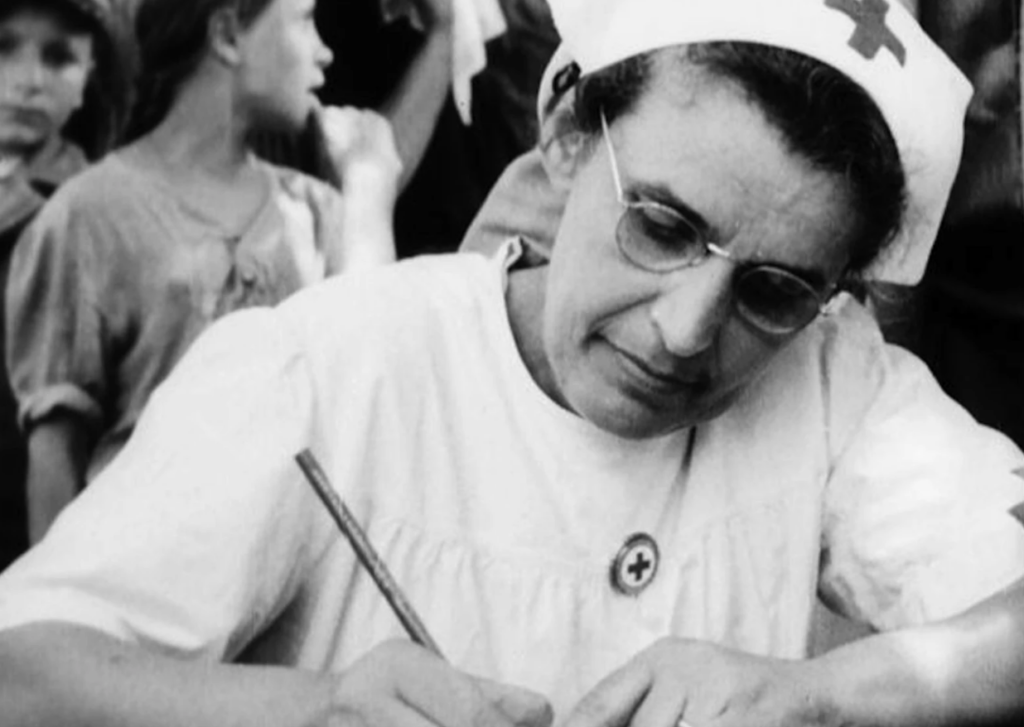
People interested in the news can opt for the newspapers called “Jevrejski pregled”. It is available domestically and overseas. It gets issued every two months, so if you are interested you can easily find it and get yourself informed about the news.
There are also exhibitions in a Belgrade museum periodically that show the history of Jewish people, including the story about Dijana Budisavljevic who saved more than 7,000 children from Jasenovac. She was an aristocrat from Austria married to the doctor from Serbia. There are around 3,000 visitors a year who wish to find out more about the history of people who survived so much.
Tourists are usually attracted to the Hummus House where they serve vegetarian food, halal meat, kosher and delicious falafel. Working on sustaining the Jewish culture, heritage, food, and customs, it is not easy but there are many efforts towards keeping the culture alive. As long as there are individuals ready to work hard on educating the youth and organizing various events, there is a hope that the Jewish culture will continue to live on.
History should now be forgotten and the heritage should be preserved and explained to the children, so they can continue the tradition and maintain the ties with the rest of the Jewish community.

